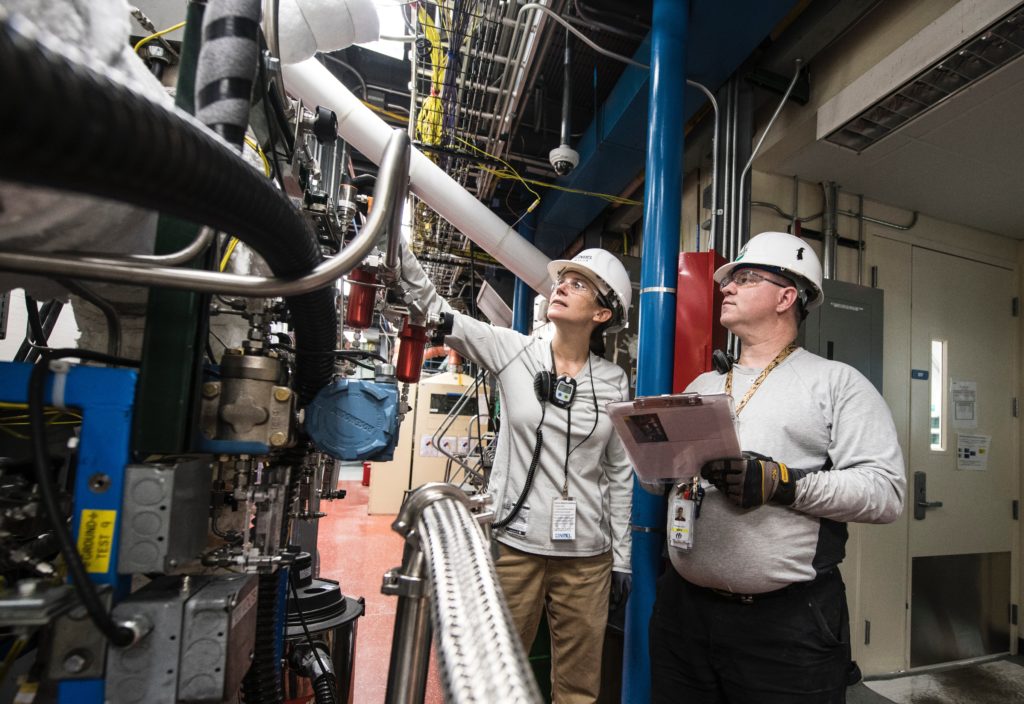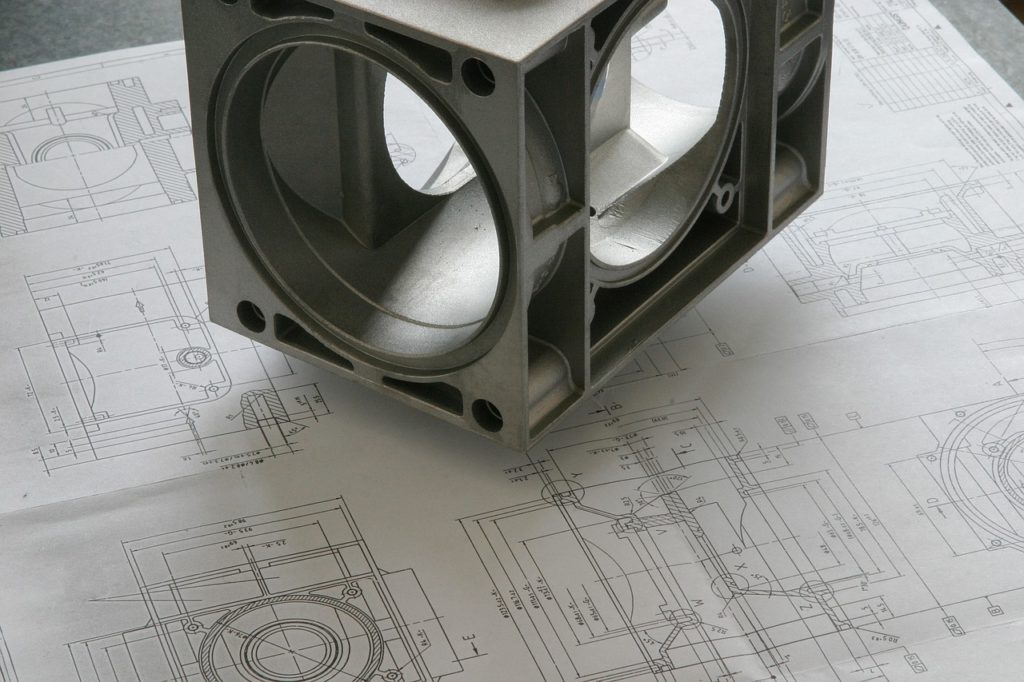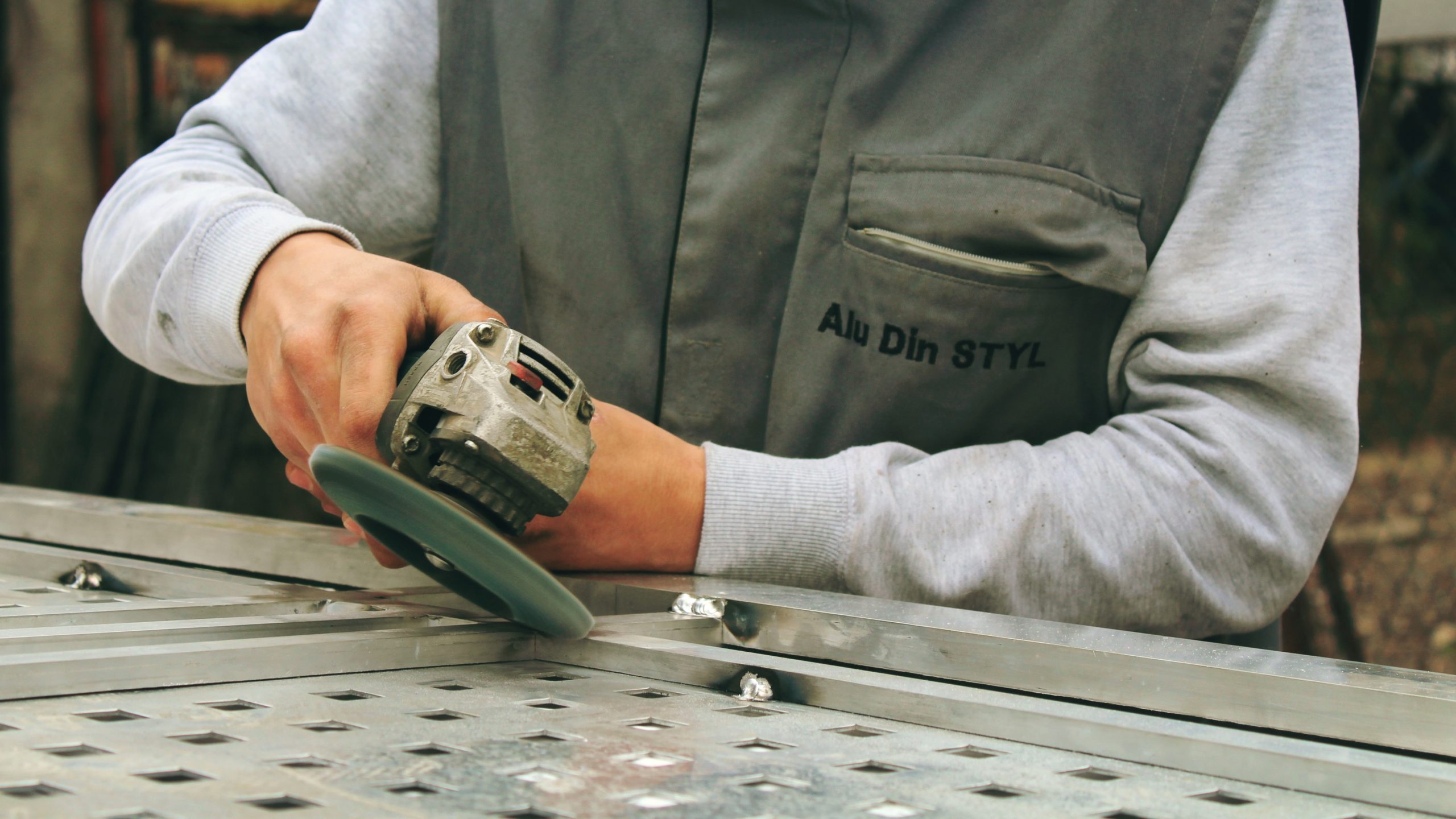What is mechanical engineering technology? Mechanical engineering technology (MET) is the component of engineering that specializes in design and application. It includes the diverse areas of mechanical power, mechanical design and manufacturing.
First, if you’re looking to launch your own blog and start writing articles yourself, no matter what the subject, you can launch your blog with Bluehost for just $3.95/month.
Start creating content and launch your blog with Bluehost.
Mechanical engineering technology is employed in automotive manufacturing, computer aided manufacturing, Computer Aided Design (CAD) using programs like AutoCAD, Revit, Inventor and Fusion 360, robotics, aircraft metals, food processing and plastics production i.e. almost the entire spectrum of the engineering industry.
In the manufacturing areas, MET graduates are involved in cost evaluation and control, design, plant operations, manufacturing methods and production planning. In the power sector, MET graduates are involved in gas power cycles, fluid power, power transmission, vapor power cycles and air-conditioning.

An important element in mechanical engineering technology is the use of laboratory experience as a teaching tool. MET programs have laboratories in materials, applied thermal sciences, fluid power, fluid mechanics, basic instrumentation, manufacturing and Computer Aided Design (CAD). These laboratories are supported with the latest computer software/programs that support the design function.
What Do Mechanical Engineering Technicians Do?
Graduating as a mechanical engineering technology student means that you can now get psyched about a satisfying career that is hands-on, where you are relied on to make the processes and machinery you work on more efficient and effective, using planned operations.
You will also learn how to manage machines, people, and production resources in order to effectively operate in a manufacturing environment. You will be applying basic engineering skills and principles to the field of power generation, product and machine design, and energy conservation.
If you possess a degree in mechanical engineering technology, you have the power to change society for the better, by designing useful technologies such as high-performance automobiles, jet aircraft and exoskeletons that allow those with disabilities to walk.
Responsibilities & Career
Some responsibilities that will be entrusted to a mechanical engineering technology graduate are:
- Assist in product tests by setting up instrumentation for auto crash tests, for example
- Prepare drawings and layouts of the assembly process and of parts to be manufactured
- Help engineers develop, test, design and manufacture industrial machinery, consumer products and other equipment
- Review blueprints and instructions for projects in order to ensure that the specifications and procedures are followed and objectives are met
- Inspect and test equipment and machines, or work with engineers to eliminate production problems
- Estimate equipment life, plan space and labor costs
- Evaluate design drawings by comparing them with the original specifications and measuring dimensions on the drawings
- Make rough layouts and sketches, computations, analyse results, record data and write reports

A few areas that mechanical engineering technology graduates specialize in are:
- Materials engineering
- Marine systems
- Product development
- Alternative energy
- Machine design and analysis
- Heating Ventilation and Air-Conditioning (HVAC)
- Plastics processing
This will lead mechanical engineering technology graduates to be employed in the areas of:
- Technical operations
- Manufacturing
- Product design and development
- Marketing or sales
- Systems engineering
- Trade industries
- Applied research
- Machine design and analysis
- Architecture and construction
- Climate control
Skills
There are a few important skills that mechanical engineering technology graduates must possess to be successful in their field:
- Detail oriented: make precise measurements and keep accurate records for mechanical engineers
- Problem solving skills: determine the root causes of failures using statistical methods and recommend changes in processing methods or designs
- Math skills: use mathematics for design, analysis, and troubleshooting
- Communication skills: to be able to explain both in writing and orally, the need for changes in test procedures or designs
- Mechanical skills: apply instructions from engineers and theory by making new components for industrial equipment or machinery
- Design skills: design the layout of part to be manufactured and the assembly process
- Systems evaluation: identify indicators or measures of system performance and the actions needed to correct or improve performance, relative to the goals of the system
- Troubleshooting: provide technical support or expertise related to the manufacturing process
If you are looking to learn new skills or are trying to enhance you knowledge in a specific area, LinkedIn Learning has all of the courses that you will need! It’s free for the first 30 days, try it out!

Mechanical Engineering vs Mechanical Engineering Technology
If you can understand the differences between mechanical engineering vs mechanical engineering technology, it can aid you choose between these career paths and how they might better suit your abilities, goals and interests.
If you are more suited towards a hands-on career, involving designing/manufacturing machines, you may prefer life as a mechanical engineering technician. Bear in mind, if challenging mathematics calculations interest you, and you are passionate about analyzing theories, you may like the route of mechanical engineering, particularly if you are considering pursuing a PhD.
Job Description
All over in the world today, you see complicated, manufactured designs that are created by specialists in the mechanical engineering field. Your computer, cell phone, media system and car are just some of the many mechanical inventions that improve every day life. Using specialist programs such as CAD (Computer Aided Design), mechanical engineers and technicians working underneath them can bring concepts to reality and overseeing the production from beginning to end.
Mechanical Engineer
Mechanical engineers research, build, design and analyse machines of all types, including HVAC units, robots, thermal centers and automobiles. They also distribute specifications and instructions to mechanical engineering technicians who manufacture the machine parts.
Mechanical Engineering Technician
Mechanical engineering technicians aid mechanical engineers with whatever they can, by reviewing blueprints, bringing results to engineers, conducting tests and preparing design drawings. They might also inspect machines, estimate project expenses and may maintain equipment to resolve production inconsistencies.
Education
The amount of responsibility and wages increases with the length and degree of education possessed by the individual. Entry-level and mechanical technician jobs usually require an associates degree or a vocational certificate. Students can then further their education at a university or college, specializing in mechanical engineering technology or mechanical engineering.
Classes can be very similar between the two respective courses, but mechanical engineering degrees concentrate more on theory and on the calculation of advanced mathematics equations. In contrast to this, mechanical engineering technology degrees focus on real-life applications of the aforementioned theory.

Mechanical engineering technology graduate students generally take jobs as mechanical engineering technicians, but seeking employment as a mechanical engineer is also an option for them. Merged degree programs are available that allow students to finish a bachelors and masters in five/six years.
Industry
Mechanical engineering technicians and mechanical engineers work for manufacturing companies, engineering and architectural firms, and for scientific research and development companies also. A lot of mechanical engineers spend most of their working days in an office setting, although site visits may occur occasionally. Those who possess a PhD can conduct research and teach at a university or college.
Mechanical engineering technicians are tasked with working on machines in labs or industrial settings, assisting mechanical engineers with the design of machinery. While working with this equipment, chemicals or toxic materials, they must take the relevant safety precautions to prevent injury.
The Bureau of Labor Statistics (BLS) report that the average annual wage of mechanical engineering technicians and mechanical engineers is well over $37,690, which is the average annual wage of all occupations, as of May 2017.
- Mechanical engineering technicians: $55,360 per year, or $26.62 an hour
- Mechanical engineers: $85,880 per year, or $41.29 an hour
Experience
Licensing and experience can result to an increase in available job opportunities and a higher salary. Mechanical engineering technicians that possess experience in the mechanical engineering technology discipline can achieve certification through the National Institute for Certification in engineering technologies. This includes receiving an endorsement from the technicians manager and completing a proficiency test.
Mechanical engineers with over 4 years of experience and who possess degree from an ABET accredited engineering program can apply for the PE (Professional Engineering) exam need to be licensed by the state. After completing the exam, a PE can be employed as a supervisor or project manager, and may sell his engineering services directly to the public.

Future
The BLS (Bureau of Labor Statistics) estimate that in the next 10 years, the need for mechanical engineers will have increased by 9%. Opportunities will exist in nanotechnology and robotics, and also in the automotive industry that manufacture electric/energy efficient cars. Similarly, the demand for will grow by 5%, those who have training/experience in simulations, modern software and computational design will stay ahead of the pack in the workforce.
Thank you very much for being here – we appreciate you taking the time to read our content. If you have anything to add, please feel free to leave a comment down below, and sign up to our newsletter for more of the same!
You can also follow us on LinkedIn, Facebook, Twitter, and Instagram so you can stay up to date.



1 thought on “What is Mechanical Engineering Technology”
It’s good to know that mechanical engineers work for manufacturing companies often. My husband is in school to be an engineer right now and he’s very excited to graduate next Spring. I suppose he should start looking for jobs at reputable engineering companies.